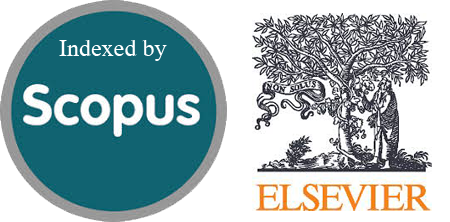EARLY CHILDHOOD EDUCATION: COMPARATIVE STUDY OF ABDURRAHMAN AN-NAHLAWI AND MARIA MONTESSORI
DOI:
https://doi.org/10.14421/skijier.2018.2018.22.05Keywords:
Early Childhood Education, Abdurrahman An-Nahlawi, Maria MontessoriAbstract
This research is based on the view that early childhood education is a fundamental aspect of the direction of the child's life. On the other hand, the development of educational theory has an impact on the direction of progressive thinking on the pattern of education. The presence of serious attention to the golden age of children also determine an appropriate approach in the learning activities undertaken. The importance of the issue invites various views of educational leaders both from the West and the East, not least Abdurrahman An-Nahlawi and Maria Montessori. Both figures have contributed to the development of education for children from different perspectives. Based on the above, this research is directed to examine the thoughts of both into an alternative paradigm of Early Childhood Education. This research is a type of literature research with a philosophical, historical, and psychological approach. While the data are analysed using content and comparative analysis and using the inductive-deductive method in making conclusions. Based on the results of the research can be obtained: The educational concept of Abdurrahman An-Nahlawi for Early Childhood is based on the Shari'a of Islam as the perfect manhaj Rabbani. Thus, the ideal education is based on the Qur'an and Sunnah. Education becomes a means to prepare the child's life as a plenary man and realize the idealism of Islam in daily life. The concept of education Maria Montessori departs on the view of the child as a unique individual and able to construct learning independently. Thus, the need for an environment that is prepared for the development of children. Education is seen as real life for children.










